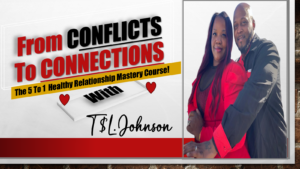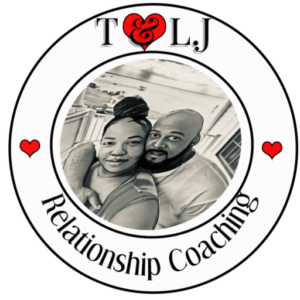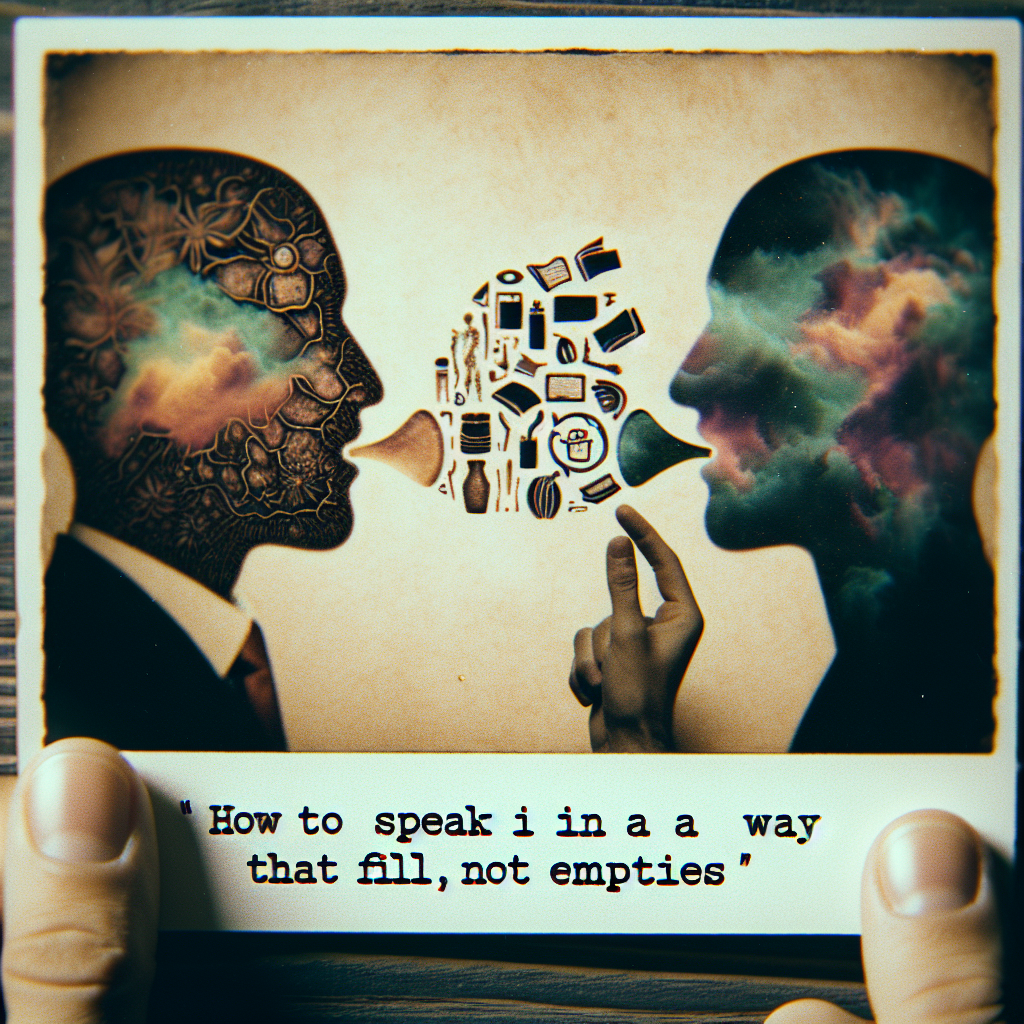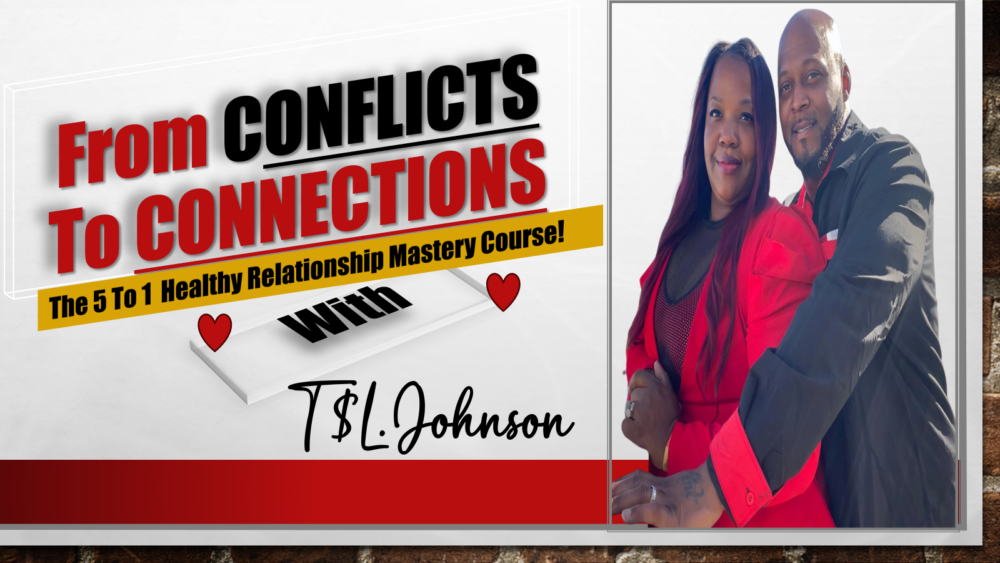The Importance of Active Listening
What Is Active Listening?
Active listening is more than just hearing words. It’s about understanding the feelings and thoughts behind those words. Let me tell you, it’s a game-changer. I remember a time when I was caught up in my own thoughts during a conversation. I was nodding but not truly present. My partner noticed and brought it up, and it hit home. I had to learn to focus, to be genuinely engaged, which completely transformed our communication.
Being an active listener means giving your full attention. You might find it helpful to put your phone away and make eye contact. It creates a connection—makes the other person feel valued. I’ve had instances where just putting down my distractions opened the door to deeper conversations. When both parties practice active listening, it creates a safe space where feelings can be shared openly.
Moreover, it’s essential to respond appropriately. This doesn’t mean jumping to solutions but rather reflecting back what you’ve heard. I’ve found that paraphrasing or summarizing shows the person that I’m truly listening and understanding their perspective. It’s amazing how this simple technique nurtures trust and improves relationships.
Creating an Environment for Open Dialogue
Setting the Scene
Ever tried to have a heart-to-heart in a noisy, chaotic place? Not fun! Setting the right environment can make all the difference. I often choose cozy, quiet spots to chat, and I’ve noticed that it encourages openness. It’s like creating a little sanctuary for conversation. Soft lighting and comfortable seating can help people relax and open up.
Another vibe killer is a rushed atmosphere. I always try to ensure we have ample time for a discussion. Rushing not only hampers the depth of our conversations but also makes it feel transactional. By taking the time to truly engage, it shows that I value our connection, and this, in turn, encourages the other person to share more freely.
Don’t forget about the importance of non-verbal cues! Your body language plays a significant role too. I make it a point to face the person I’m talking to, lean in slightly, and nod in understanding. It helps in establishing rapport and tells them that I’m genuinely interested in what they’re saying.
Embracing Vulnerability
Why Vulnerability Matters
Vulnerability is often seen as a weakness, but let me tell you, it’s a superpower in communication. I’ve had my fair share of hesitations to share my true feelings, but every time I’ve opened up, it has led to a profound connection. Sharing fears and insecurities can somehow lighten the emotional load for both parties.
One thing I’ve realized is that being vulnerable invites others to reciprocate. When I opened up about my struggles, I noticed my partner felt comfortable sharing theirs, too. It’s a beautiful exchange that builds empathy and understanding. Plus, it helps to remind us that we’re not alone in this big, chaotic world.
The tricky part? It’s not always easy. I’ve stumbled in cases where I was too raw too soon, and the reaction wasn’t what I hoped for. But each experience taught me timing and sensitivity. It’s about finding the right moment to share your heart—this is part of the dance of deep listening and understanding.
Practicing Empathy
Walking in Someone Else’s Shoes
Empathy isn’t just a buzzword; it’s about seeing the world through someone else’s eyes. My journey started with simple exercises, like asking myself how I’d feel in someone else’s position. It’s transformative. For instance, when my friend faced job loss, instead of jumping straight to advice, I tried to imagine the emotional turmoil they were going through. This helped me respond with a supportive ear instead of a solution-first approach.

One thing I’ve learned is that showing empathy requires patience. Sometimes it’s not about saying anything at all but just being there, ready to listen. I recall a moment when just my presence was enough for a friend who needed to vent. They were overwhelmed, and I let them express themselves without interruption—it was powerful.
Additionally, I’ve found that empathy can be cultivated. I often read stories or watch films that challenge my viewpoints. Engaging with diverse narratives deepens my understanding of different life experiences. Over time, this has made me a better listener, enhancing the connection with people in my life.
Continuing the Journey of Understanding
Finding Growth in Every Conversation
Understanding is not a destination; it’s an ongoing journey. In my life, I’ve made it a point to reflect on every meaningful conversation I have. What did I learn? How could I have listened better? This self-assessment has played a crucial role in my growth. I’ve found that each interaction offers a lesson that can refine my listening skills.
Also, I continuously seek feedback, even if it feels awkward at times. After a meaningful dialogue, I sometimes ask, “How did you feel about our exchange?” These questions have enriched my understanding of how I can improve and also show the other person that I care about their experience of our conversation.
Lastly, I embrace the messiness that comes with growth. Not every attempt at listening is perfect, and that’s okay! Each stumble is an opportunity to learn. It’s all part of the beautiful symphony of understanding two hearts can create when they truly listen.
FAQs
What is the main concept of “A Symphony of Understanding”?
The main concept revolves around the importance of active listening, creating open dialogues, embracing vulnerability, practicing empathy, and realizing that understanding is an ongoing journey in relationships.
How can I improve my active listening skills?
To improve active listening, focus on being present, eliminate distractions, and respond with empathy. Practicing these skills can enhance your connection with others.
Why is vulnerability important in listening?
Vulnerability fosters deeper connections by allowing both parties to share their feelings. It encourages openness and helps to build trust in relationships.
How does empathy contribute to understanding in conversations?
Empathy allows you to appreciate the emotions and perspectives of others, which can lead to more meaningful interactions and stronger bonds between individuals.
Is understanding a one-time achievement or a continual process?
Understanding is a continual process. It requires ongoing effort, reflection, and a willingness to learn from every conversation to improve your listening skills and deepen connections.

Schedule Your First 20-Minute Coaching
Call With Us Today to see if we fit . You pick the price!
Click Here






